
Lu Baogang performs a shadow play at the capital's Daguanyuan temple fair. (Photo/CHINA DAILY)
Out of the shadows
Lu recently retired as head of the troupe, which was founded in 1957, and is dedicated to preserving and popularizing the art form.
He recalls vividly when their show was canceled due to the pandemic. "We had already set up the stage and our first show was due to open the next morning when we were told that the temple fair was canceled due to the pandemic," said Lu. "After four years, we are finally able to present shows at temple fairs again."
Born and raised in a Beijing hutong, Lu is the fifth generation of his family involved in shadow plays. When he was 15 years old, his father died of a heart attack. Sadly, his father had been appointed director of the troupe days before he passed away. As the only son, Lu dropped out of school and started working with the troupe.
After learning last year that temple fairs were to restart in Beijing, Lu was excited at the news and decided to reinterpret a classic story. Titled Fan Lihua, the play tells the story of Fan, a legendary female general during the Tang Dynasty.
According to Lu, Fan Lihua is an old show from the troupe's repertoire. When Lu decided to perform his own adaptation of Fan Lihua, he invited a young composer, Bai Qiutong, to do the music for the 50-minute show.
Bai used over 10 traditional Chinese musical instruments to write music for Fan Lihua, such as the sanxian (a three-stringed lute), the sihu (a four-stringed fiddle) and instruments from the ruan (plucked instrument) family. She also used flutes and percussion instruments, which are widely featured in Peking Opera.
"I came to the temple fair at Daguanyuan Park on Feb 10, the first day of Lunar New Year, and I was overwhelmed by the huge crowds," said Bai, a Beijing native aged in her 20s. "The show fitted the atmosphere of Spring Festival, with a story about a female hero and joyful, energetic music."










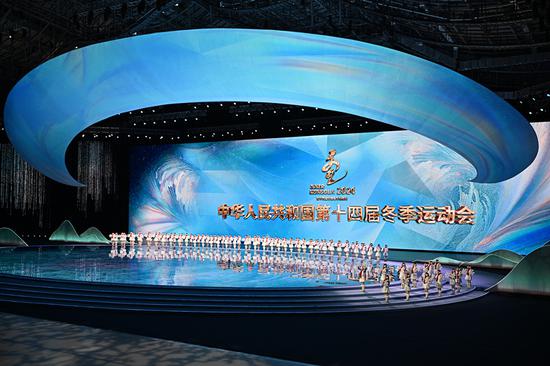

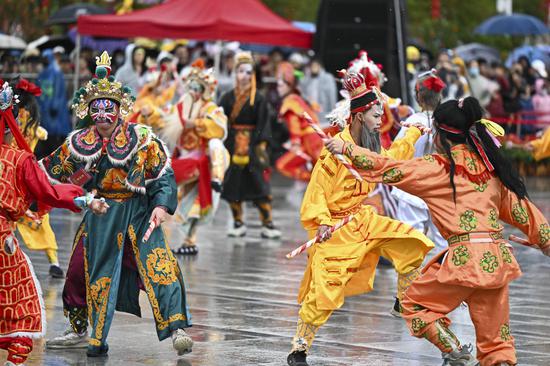

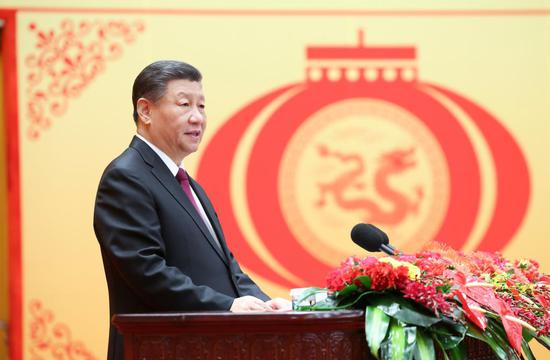
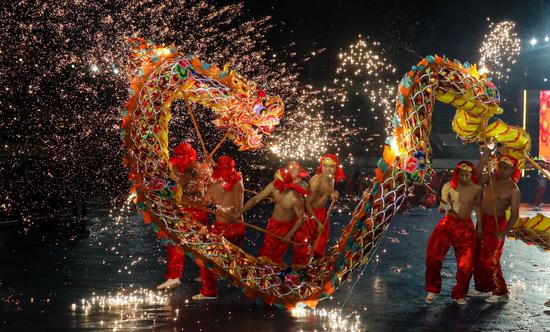

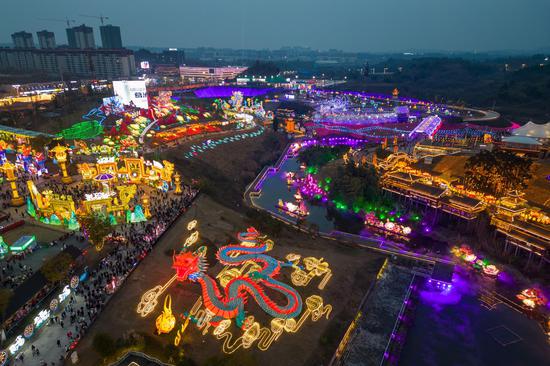

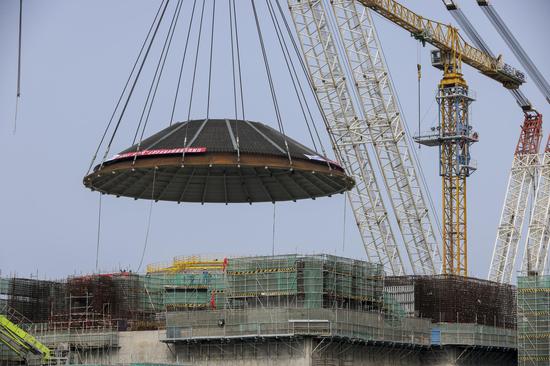


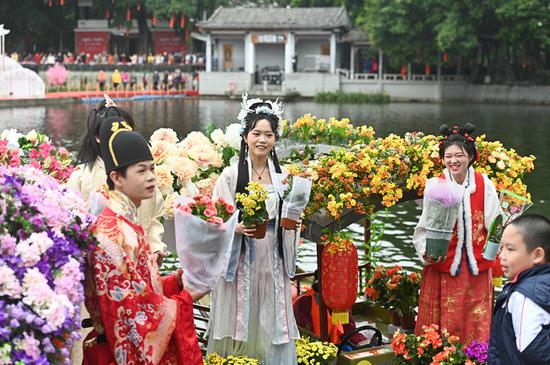


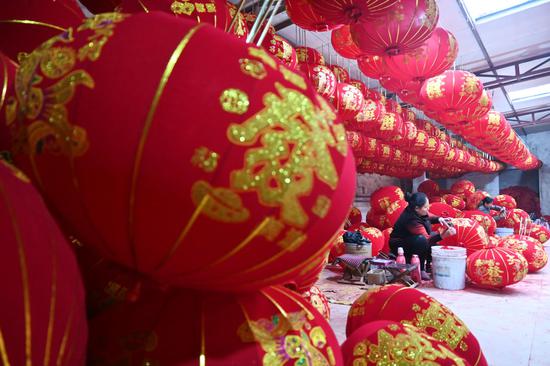
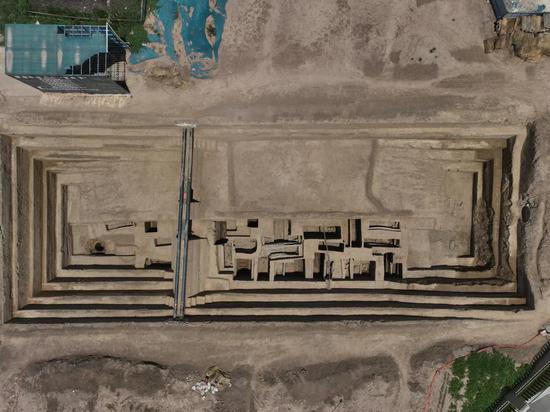
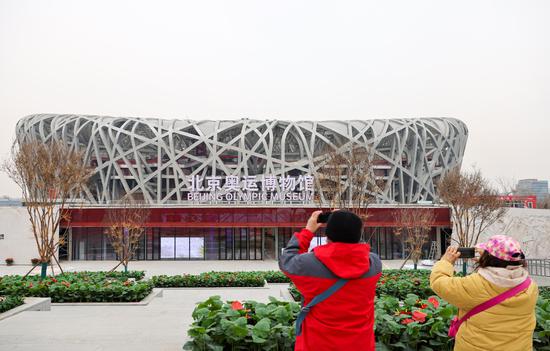
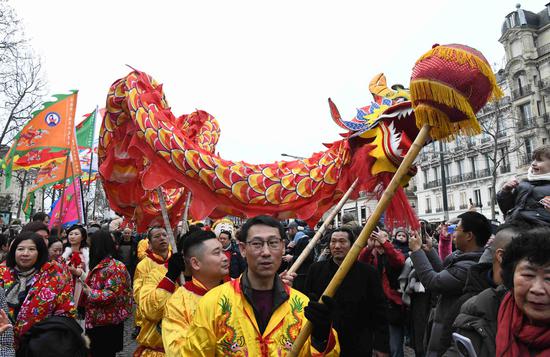
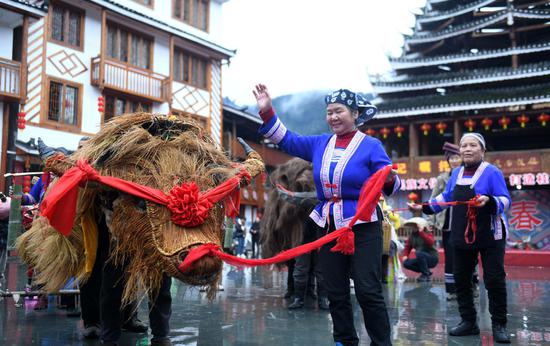

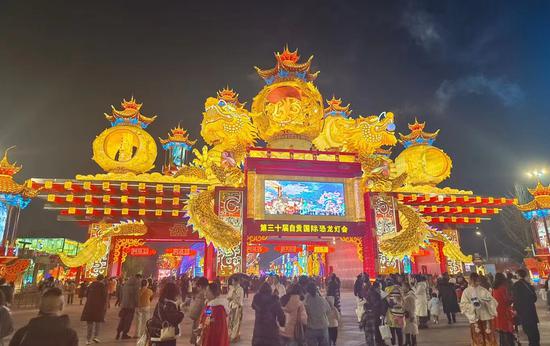

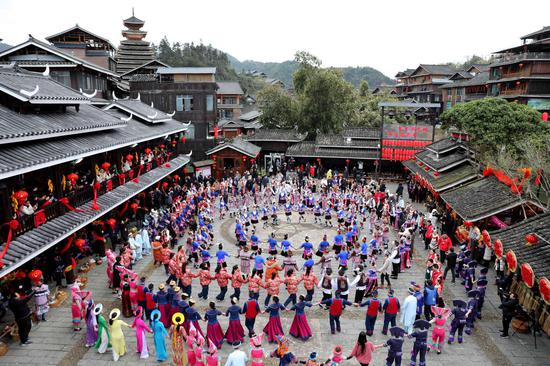
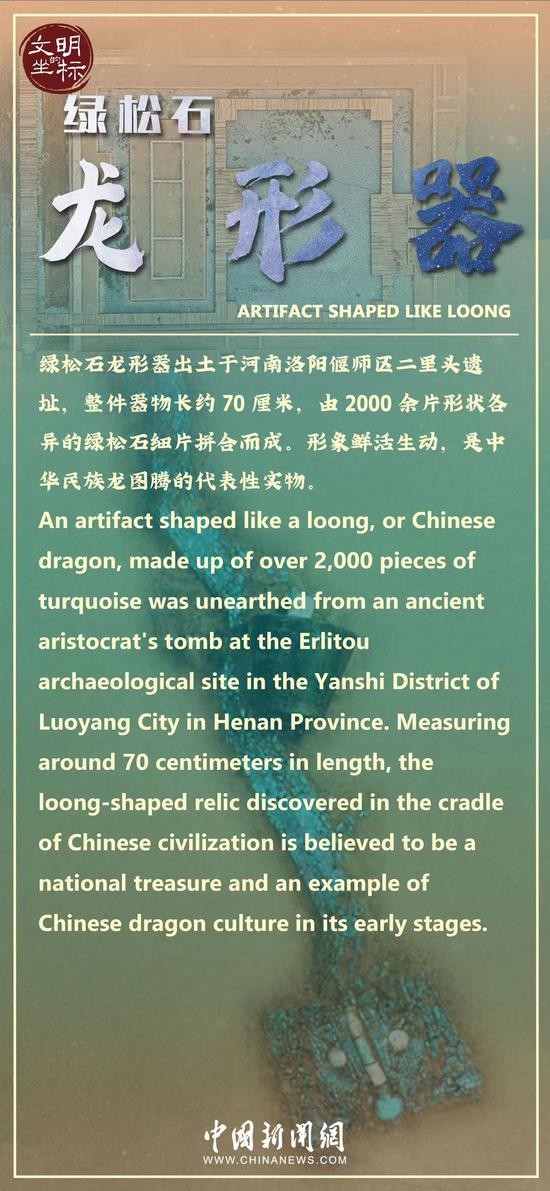

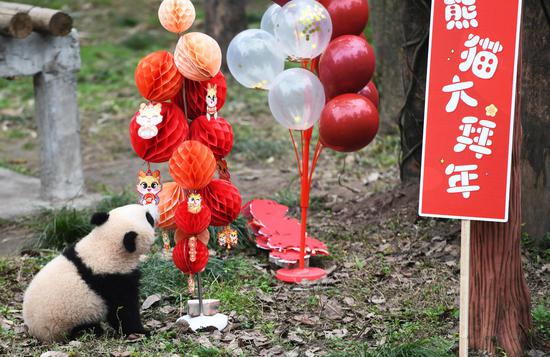

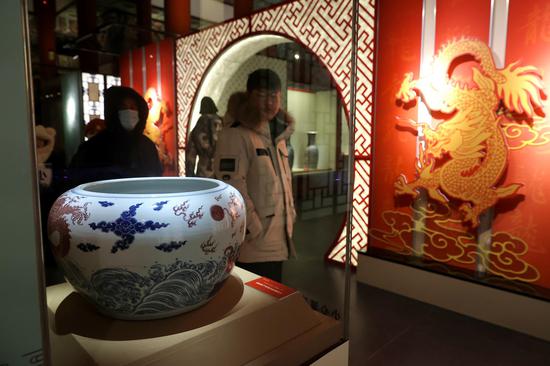


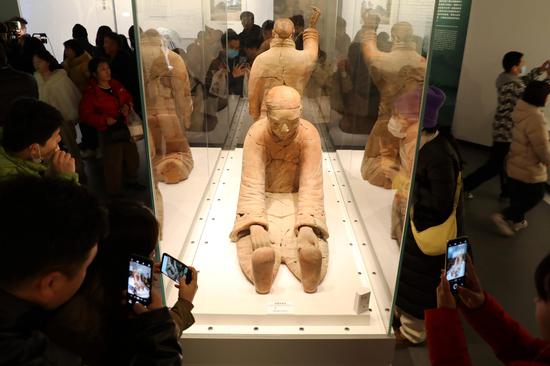

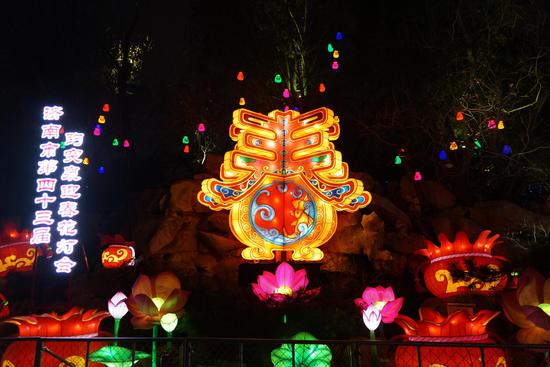
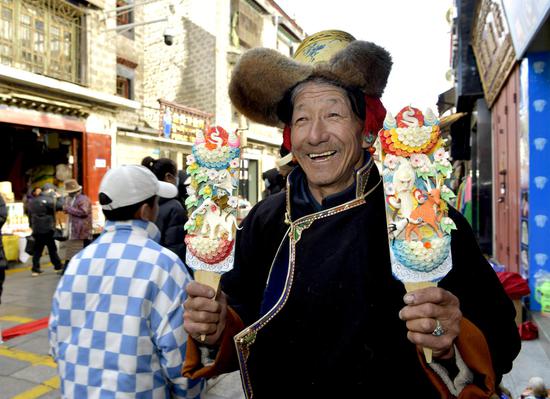





 京公网安备 11010202009201号
京公网安备 11010202009201号